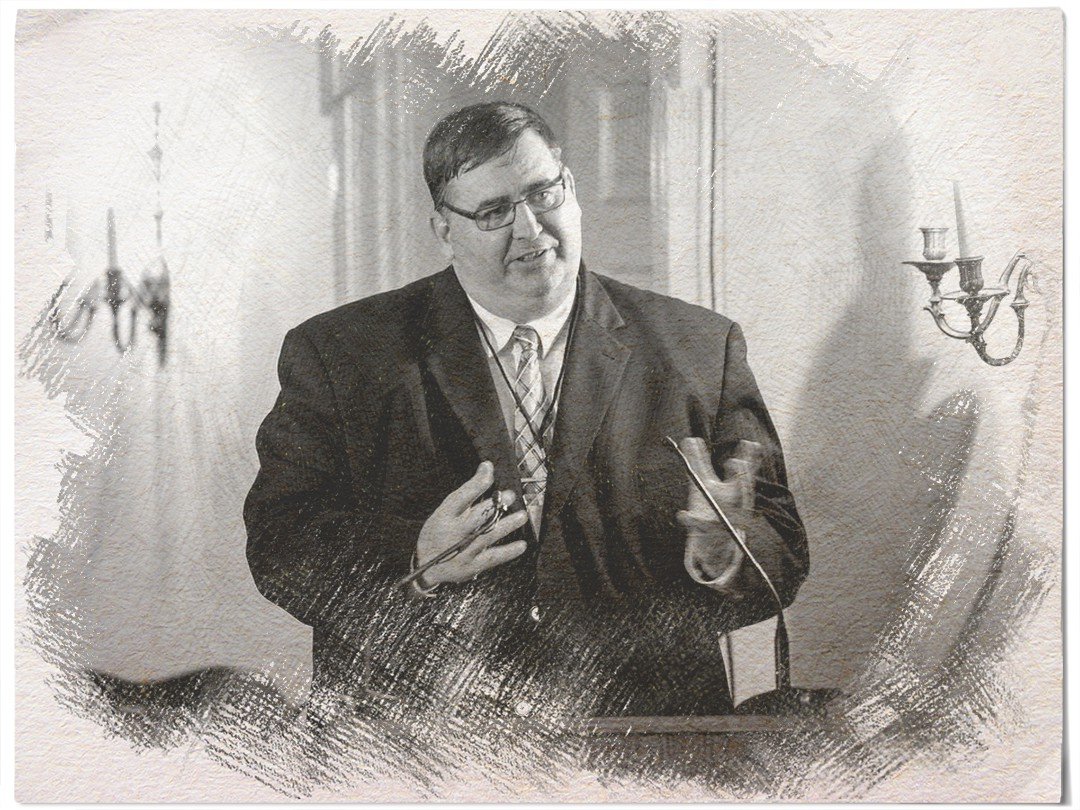There is no doubt that the results of the U.S. Presidential and Congressional elections will result in a significant impact upon the application of the fiduciary standard of conduct to financial planning and investment advisory activities. I anticipate that the DOL "Conflicts of Interest" regulation (including BICE, etc.) will be halted in early 2017. Furthermore, the Dodd-Frank Act's authorization for the SEC to adopt fiduciary rules for broker-dealer firms will likely be repealed, and even if not a newly constituted SEC is highly unlikely to move forward with fiduciary rule-making.
But this does not mean that the advancement of the fiduciary principle, in its application to the delivery of all-important financial and investment advice, will necessarily completely stall. The battlegrounds merely shift - at least for the next four years. To the marketplace. And to our professional organizations.
Consumers have expressed their desire for financial and investment advice that is free from conflicts of interest, wherever possible. Those in the media continue to serve an important role in educating consumers on the necessity of independent, truly objective advice. Media outlets will continue to recommend that consumers seek out fiduciary advisers, primarily by promoting financial advisor searchers through such groups as the National Association of Personal Financial Advisors, Garrett Planning Network, the Alliance of Comprehensive Advisors, and XY Planning Network. And such groups will continue to expand their influence and reach.
In addition, more and more financial and investment advisors will seek out firms that practice under fiduciary principles. Advisors enjoy going to work when they are not influenced to push proprietary products or engage in commissioned product sales. The deeper, much more satisfying relationship with a client that results from the avoidance of conflicts of interest is what good advisors will continue to migrate toward.
Advisors will continue to pressure their professional associations to adopt policies that clarify the distinctions between salespeople and trusted, fiduciary advisors. Should these professional associations resist the call to tighten their standards, new professional associations may arise.
And, in the more distant future, new opportunities will arise with lawmakers to revisit the application of the fiduciary principle upon financial and investment advice. Patience will be required in the interim, and certain initiatives advanced in government in the interim may require opposition.
Hence, while the results of the 2016 elections are a set-back for those who advocate for the adoption of the fiduciary principle within the financial planning and investment communities, all is not lost. Much education and work remains to be undertaken, especially as the fiduciary movement continues to prevail in the marketplace. And further foundations need to be laid for the time when new opportunities will again arise through legislation and rule-making activities.
Our society continues to advance. Greater specialization occurs. As does greater reliance on the expertise of others. Into this transformation the role of trust takes on greater meaning. The application of fiduciary standards merely reflect this greater reliance on the expertise and trustworthiness of others.
Though the road may be longer, the Power of Trust will prevail. Continue to join with many other advocates and help make this vision - of a community of true professionals bound together by a bona fide fiduciary standard - a reality. For the sake of our profession. For our fellow Americans. For the future economic prosperity of America itself.
Ron A. Rhoades
Wednesday, November 9, 2016

No comments:
Post a Comment
Please respect our readers by not posting commercial advertisements nor critical reviews of any particular firm or individual. Thank you.